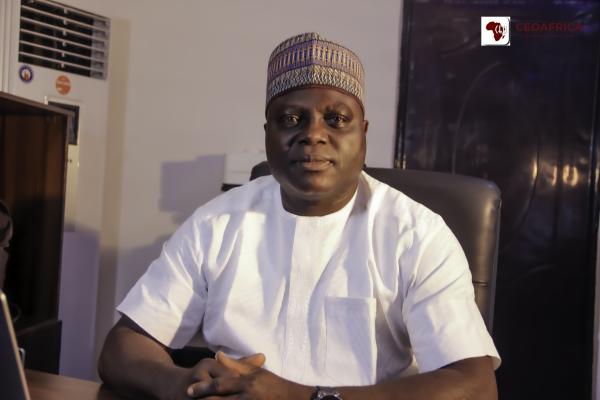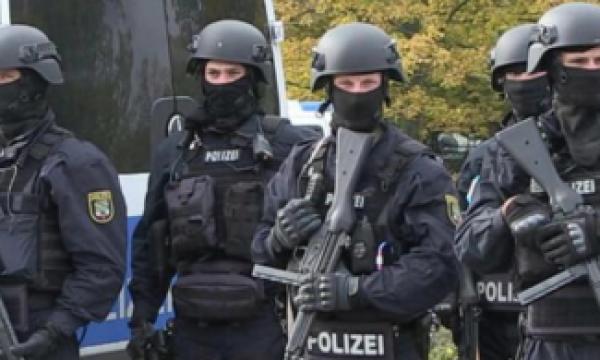
Rwandan President, Paul Kagame has said that the emergence and rise of online hate speech, disinformation and spread of harmful content among other cyber-crimes should not deter progress in Broadband rollout.
The President was speaking as he co-chaired the Annual United Nations Broadband Commission meeting hosted by Facebook at their Headquarters alongside Vice Co-chair and International Telecommunication Union Secretary General, Houlin Zhao and Vice-President for Mobile and Global Access Policy at Facebook, Kevin Martin.
The meeting, among other subjects, deliberated on tackling harmful internet content which is a growing concern driven by increased access to the internet at reduced costs.
Kagame said that the concerns should, however, not deter access to broadband or lead to the constraining of basic freedom as it would only serve to slow development and deepen inequalities.
Rather, he called for the upholding of laws and holding individuals accountable for what they do online.
“We do not need special rules for the virtual world, nor is there any valid reason to constrain basic freedoms or limit access to broadband, that would only slow development and further deepen inequalities. We simply need the means to uphold our laws and hold individuals accountable for what they do online just as we do offline,” he said.
Hate speech and disinformation are vices that often serve in the perpetration of crimes such as large-scale violence as they facilitate dehumanisation.
Citing the case of Rwanda during the 1994 Genocide against the Tutsi, Kagame said it';s among the reasons why Rwanda is keen to ensure that ideologies of hatred and division have no place in the public domain.
“Large-scale violence is always preceded by a process of dehumanisation, through the spread of ideas that justify killing. We had a situation like this in my country 25 years ago,” he said.
That is why we work to ensure that ideologies of hatred and division have no place in our public domain, he added.
"There was no internet in Rwanda in 1994. Radicalisation is therefore not a new phenomenon, much less a by-product of modern social media.”
He said that, with the internet, messages of hate can be spread out faster and anonymously without accountability, hence the need to have a pre-determined way to tackle the vices.
“But while the challenges of today are not qualitatively different, technology has indeed changed the landscape in two important ways. The first is speed. The internet is an accelerant, it cost very little to reach a lot of people very quickly.
The second is a sense of accountability. Individuals who cause harm can do so anonymously. It should be regarded as a cyber-crime," the Head of State said.
The Broadband Commission is considering the creation of a new working group, focused on hate speech and disinformation led by United Nations Educational, Scientific and Cultural Organization (UNESCO).
During the meeting, the commission also received an update of the infrastructure rollout initiatives towards the targets of achieving universal broadband by 2030.
The Broadband Commission for Sustainable Development was established in May 2010 as a joint initiative by the International Telecommunication Union (ITU) and UNESCO to promote Internet access to help achieve United Nations development goals.
The commission is co-chaired by President Kagame and Mexican telecom businessman Carlos Slim.
President Kagame also met with Sheryl Sandberg, Facebook';s Chief Operating Officer, Henrietta Holsman Fore, Executive Director of the United Nations Children';s Fund (UNICEF), Baroness Beeban Kidron, and Rob Shuter, MTN Group President and CEO.


















